Thus, the Mother (Amida) is always sending her love to the child and she knows if the child entrusts to her while the child (the follower) knows that he is loved and has faith in the Mother.
When someone entrusts to Amida for the first time, he/she knows or becomes aware of this faith. He knows, without any doubt or hesitation, “I entrust in Amida Buddha to attain Buddhahood in His Pure Land”. By having faith in Amida he becomes aware of two simple things:
1. that he cannot save himself from birth and death (deep awareness of his limitations)
and
2. that Amida will do this for him - he accepts Amida’s salvation (expressed in His Primal Vow) as being real and trustworthy.
Nothing special has to happen inside the mind of the practitioner or outside of him when he receives shinjin in his heart. There is no need to feel anything special, although the follower may experience something like a heavy burden being lifted from his shoulders – the burden of having to reach freedom from birth and death by himself. Also, there is no need for another person to say “now I certify that you have shinjin”.
Various ceremonies and receiving of a Buddhist name are beautiful and can be performed if the follower has access to a temple or sangha, but if he is living in a place too far from them or he simply doesn’t want to be an official member of a certain group or denomination, then he should not ask for such ceremonies. Alone or in a group, all that matters is that you understand the Dharma and receive shinjin.
The teacher is important in Jodo Shinshu but only as a messenger of Amida’s salvation. He or she is somebody who encourages you to entrust in Amida. It would be better if you have face-to-face access to a true teacher and a true sangha so that you can always ask questions to clear your doubts and misunderstandings, but if the conditions are difficult and you cannot meet anybody in particular, then use every means necessary, the internet for example, to have this Dharma dialogue. Or if you don’t trust in any living teacher, just read the sacred texts by yourself, while asking Amida Buddha to guide you and protect your understanding. Reading the sacred texts (with or without access to a priest or sangha) is also listening the Dharma as now there are many good translations that can be found everywhere in the libraries or on the internet.
Dharma dialogue and Dharma listening are very important, no matter whether you do it by face-to-face meetings or by internet, letters or telephone, because only by first understanding with the head the content of the teaching you can become open toward Amida’s message of salvation and shinjin (faith) can arise in your heart.

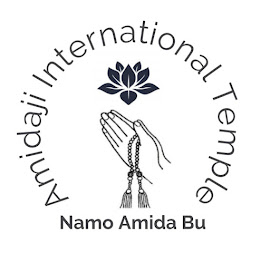



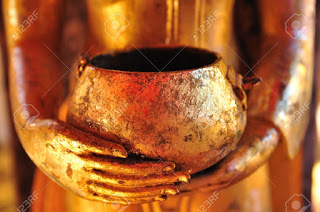



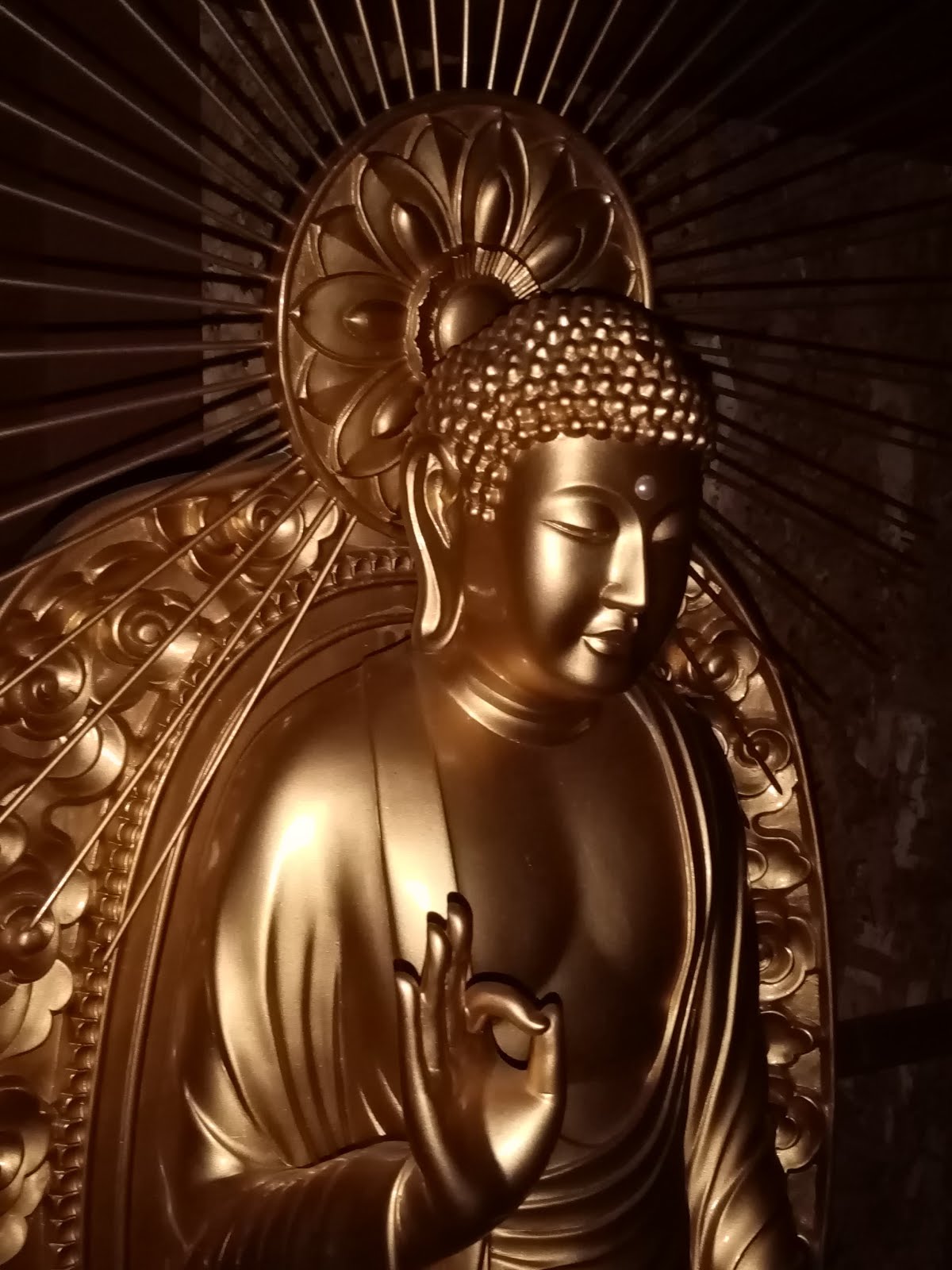

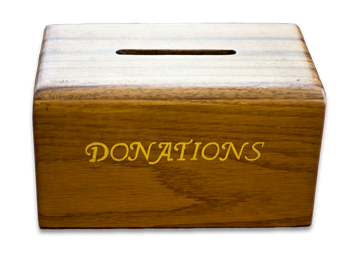








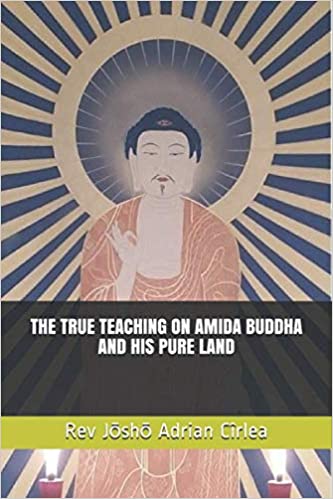

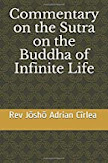



0 comentarii:
Post a Comment